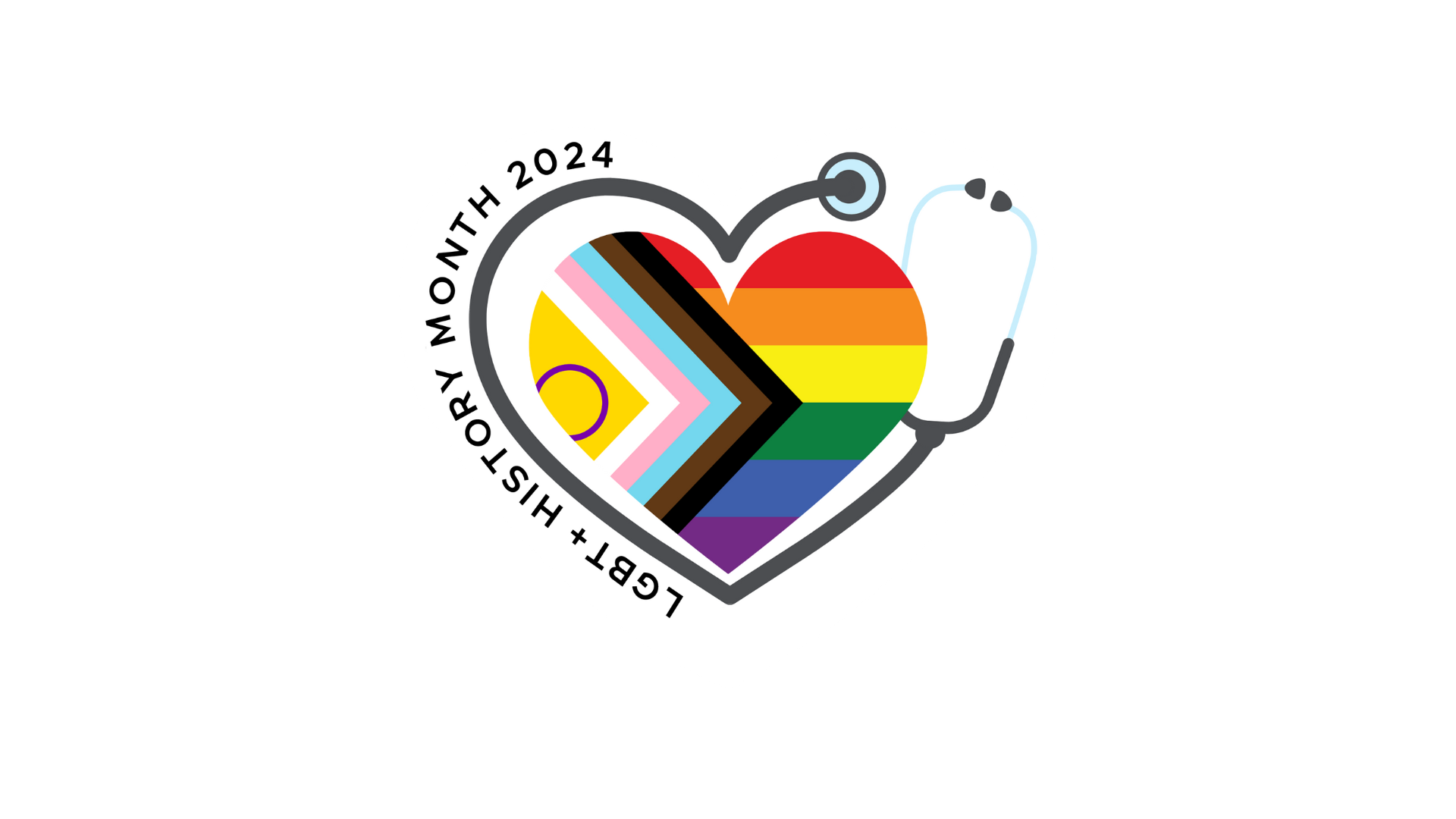A brief history of involvement of lesbian, gay, bisexual and trans people in medicine and healthcare through the ages
LGBTQ+ History Month is celebrated every February. In the UK, LGBTQ+ History Month is timed to coincide with the abolition of Section 28 in 2003, which prohibited the “promotion” of homosexuality. The theme of LGBTQ+ History Month this year is ‘medicine under the scope’. The 2024 theme celebrates LGBT+ peoples’ contribution to the field of Medicine and Healthcare both historically and today. Here we take a look at the some of the important UK milestones and people that have led to a more inclusive healthcare service.
The early twentieth century
- 1906 – Dr Louisa Martindale sets up a private practice in Brighton and becomes the first woman GP in the UK. Dr Louisa Martindale championed the cause of medical education for women. She worked as a surgeon during two world wars, and was a world-renowned gynaecologist. Martindale never married and lived for more than three decades with her female partner, Ismay FitzGerald.
The mid-twentieth century
- 1952 – Roberta Cowell is the first known UK trans person to undergo gender confirmation surgery.The operation is performed by Sir Harold Gillies, a plastic surgeon.
- 1955 – the first meeting of the Wolfenden Committee to discuss the potential decriminalisation of homosexuality. The committee takes its name from the committee leader John Wolfenden. Ophthalmic surgeon Patrick Trevor-Roper is one of only three gay men who give evidence to the committee that homosexuality is not a physical or mental illness.
Late twentieth century
- 1986 – The global scientific community recognises HIV as the virus that causes AIDS.
- 1989 – Stonewall is founded. The original founders were a group of people involved in protest against Section 28 of the Local Government Act. To this day they continue to help to create transformative change in the lives of LGBTQ+ people across communities in the UK.
- 1990 – the setting up of the Gender Trust. The Gender Trust is a United Kingdom charitable organisation promoting public education about transgender and gender identity issues and providing information to those affected.
- 1992 – Homosexuality is removed from the WHO’s list of mental disorders.
- 1993 – The Government removes homosexuality from its list of psychiatric disorders in England and Wales. The Scottish government removes it in 2000.
- 1995 – The Gay and Lesbian Association of Doctors and Dentists is founded. They provide support, information and social opportunities to gay and lesbians in the medical professions.
- 1999 – The UK Sex Discrimination Act is amended to include protections on the basis of Gender Reassignment, by means of the Sex Discrimination (Gender Reassignment) Regulations.
Twenty-first century
- 2002 – same-sex couples are able to adopt or foster children in England.
- 2013 – The first UK trans Pride is held in Brighton.
- 2018 – The UK Government Equalities Office publishes the National LGBT Survey. This is the largest survey of LGBTQ+ people in the world to date.
- 2019 – Trans is declassified as a mental illness by the WHO.
- 2019 – The first National Adviser for LGBTQ+ Health in the NHS is appointed by UK government.
- LGBT Foundation and NHS England launches ‘If We’re Not Counted, We Don’t Count’ to help health and social care services ask about sexual orientation and trans status.
Recent developments in pharmacy
- 2020 – RPS launch their Inclusion & Diversity Strategy 2020-2025 with the aim of creating a culture of belonging, championing inclusive and authentic leadership and challenging barriers to inclusion & diversity. This is followed by the establishment of an Inclusion & Wellbeing Pledge. Its aim – to support the pharmacy profession to be more inclusive, and to promote positive mental health and wellbeing in the workplace.
- 2021 – PDA LGBT+ Network launched as part of their work to meet the demands of their growing membership and advance their work on equality.
Together, let’s continue striving for a more inclusive and equitable future for all.

